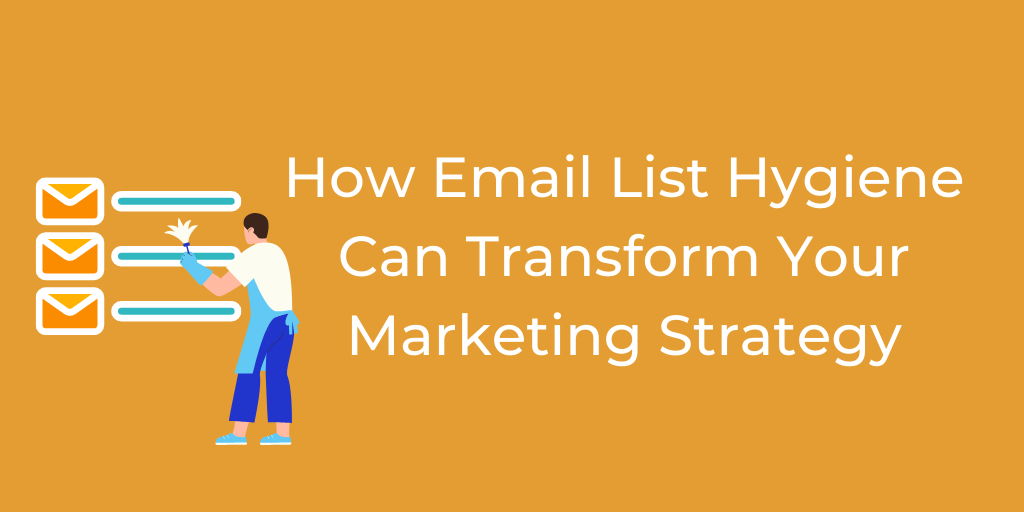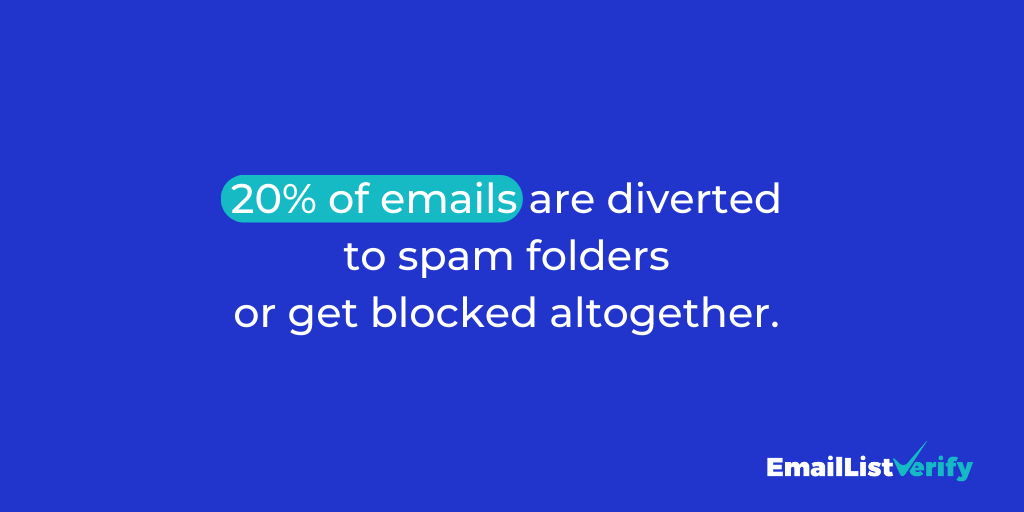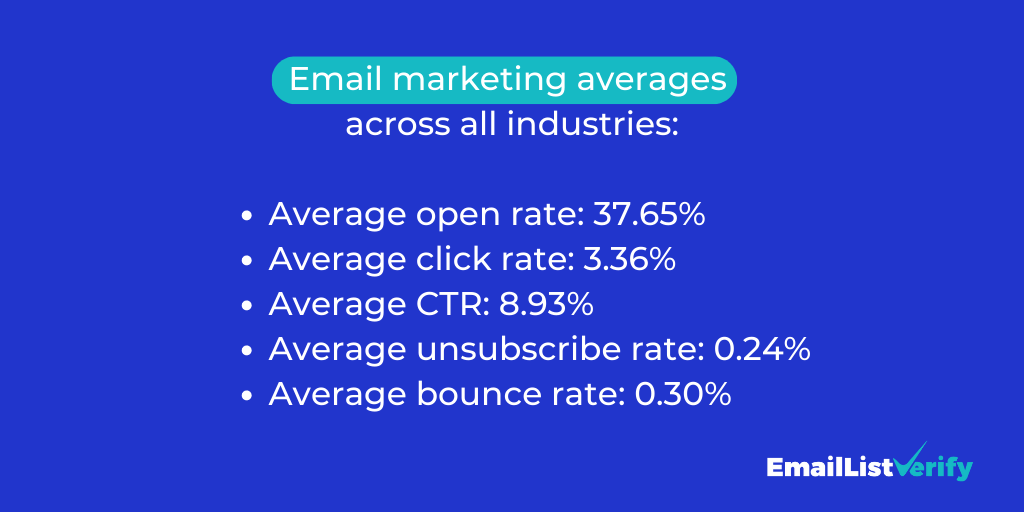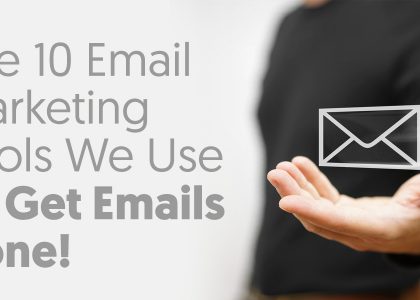How Email List Hygiene Can Transform Your Marketing Strategy

A brand’s email list can be a gold mine — but only if you keep up with regular maintenance and cleaning to keep it valuable. This process is known as ‘email list hygiene‘ and it’s a key factor in successful email marketing campaigns.
So let’s take a closer look at what it is, why it matters, and how to do it right.
Understanding Email List Hygiene
At its most basic, email list hygiene is essentially a routine housekeeping task. It involves regularly updating your email list by removing inactive or non-existent email addresses and re-engaging dormant subscribers.
The ultimate aim? Making sure your email list is made up only of subscribers who are actively interested in your brand and regularly engage with your content.
According to the Deliverability Benchmark Report, “just 80% of email is delivered to the inbox, while the remainder—a full 20 percent—is diverted to spam folders or gets blocked altogether.”
Companies with a high bounce rate could end up being red-flagged as spammers, resulting in even lower visibility for future marketing campaigns.

Source: Businesswire
Keeping your email list clean can significantly improve bounce rates and increase open rates — but you have to be willing to do the work.
The Importance of Cleaning Up
If you’ve ever dismissed email list hygiene as an ‘optional extra’ in your marketing strategy, it’s time to reassess. Here’s why email list hygiene is not just important, but indispensable:
Enhances Deliverability
Every marketer dreams of having their emails land right in the recipient’s inbox.
However, Internet Service Providers (ISPs) use a range of engagement metrics to decide where your email ends up — and it’s often not where you wanted them to be.
If your emails are consistently sent to inactive or non-existent email addresses, ISPs might consider that an indication of the quality of your messages and start redirecting all your emails to the spam folder.
Protects Brand Reputation
Making a permanent residence in the spam folder isn’t just a deliverability disaster, it’s a brand reputation catastrophe.
When users see your emails in their spam folder, it erodes trust and confidence in your brand. On the other hand, maintaining a clean list helps to promote a strong sender reputation.

Source: Mailjet
Boosts Engagement Rates
There’s a huge difference between trying to market to an engaged audience versus a disinterested crowd. If your subscribers don’t care about your emails, your campaign will fail.
A clean list, populated by engaged subscribers, is likely to result in much higher open and click-through rates.
Optimizing Email List Hygiene: Best Practices
Understanding the importance of email list hygiene is just the start of your journey. The real challenge lies in effectively implementing it. Here’s how:
1. Conduct Regular Audits
The first step in your cleaning journey should be to identify and eliminate email addresses that are incorrect, inactive, or no longer exist. These are sure-fire tickets to the dreaded ‘Spamville.’
The average email list depreciates about 25% every year.
Source: Marketing Sherpa
This can take many forms:
- duplicate and invalid email addresses
- old inboxes that have been abandoned and are no longer monitored
- alias email addresses (like [email protected]) where emails are often not delivered
- disengaged email recipients that are no longer clicking on your emails.
Depending on the size of your list and the frequency of your campaigns, these check-ups could range from daily to monthly.
2. Manage Bounces
Emails can bounce for a variety of reasons, ranging from a full inbox (a ‘soft’ bounce) to an invalid email account (a ‘hard’ bounce). While soft bounces are worth a second try, hard bounces should be removed from your list.

Source: MailerLite
According to MailerLite, the average bounce rate across all industries is 0.30%, with some industries (like software and web app, healthcare, and legal) reaching as high as 0.70%. If you’re seeing numbers higher than that, it’s time to clean up your list.
3. Re-engage Dormant Subscribers
It might hurt to delete names from your list, but the truth is that a smaller, engaged list is far more valuable than a larger, indifferent one.
Unfortunately, the average list’s inactive rate is around 60%.
?“This means that a list of 10,000 has only 4,000 true subscribers reading the posts.”
SOURCE: Neil Patel
Before you delete any names, try to see if you can re-engage old subscribers by offering an incentive.
The key to re-engagement? According to Marketech, it’s all about making them an offer they can’t resist. You can do this by:
- Organizing a contest or giveaway
- Sending them a special discount
- Asking them to share what they think of your brand or what they want that you might not be offering yet
- Asking them to vote on a survey
- Sending them a cute or funny email telling them you miss them

Source: Duolingo Re-engagement Email
If they continue to be unresponsive after a few tries, it may be time to remove them from your list.
4. Segment Your List
Segmentation allows you to group subscribers based on various factors, such as their purchase history, preferences, or geographic location.
According to Zapier, “If you get your email marketing segments right, your customers will receive relevant emails packed with information that they actually want. That personalization leads to more conversions, more purchases, and happier customers.”
5. Implement Double Opt-In
A double opt-in system requires new subscribers to confirm their email addresses before being added to your list, usually by clicking a link sent to their email.
According to Growth Marketing, “Using double opt-in to eliminate invalid and spam email addresses ensures that the email addresses you have in your list are from real people who are truly interested in your brand’s content. You get a quality list, and your emails have higher deliverability rates.”
In fact, a study by MailChimp found that double opt-in lists performed better, with a 72.2% increase in unique opens and a 114% uptick in clicks.
6. Embrace Unsubscribes
Unsubscribes might feel like rejections, but in reality, they are helping to keep your list clean. Embrace them!
According to MailChimp, “the average email unsubscribe rate sits at 0.1%.” If you’re seeing an unsubscribe rate much higher than that, it could be a clear indication of the quality of your email marketing campaign.
Maybe subscribers are leaving because you’re not properly segmenting your list. Or maybe the content you’re producing doesn’t match your audience. You should also look at your CTAs and even your subject lines.
With larger lists, you should always be testing and trying new things, especially if you’re having trouble engaging subscribers with your current tactics.
Taking Advantage of Email Tools
Sure, you could spend the next three days (or three weeks, depending on the size of your email list) cleaning up your list manually, there are also tools and services that can help streamline the process.
Providers like Email List Verify offer automated solutions that can do this for you — Just upload your email list and get back a clean list without invalid addresses in seconds.
When choosing a tool, it’s important to consider several factors, such as integration capabilities, ease of use, cost, and the quality of customer support.
Email List Verify is a affordable and advanced tool. It offers a comprehensive set of features for email list hygiene, including a real-time email verification system and catch-all server detection.
What Email List Verify can do for you:
| ✅Domain & SMTP validation | ✅Catch-all domains checker |
| ✅Spam trap checker | ✅Syntax errors validator |
| ✅Disposable emails cleaner | ✅Hard bounce checker |
| ✅Email duplicates remover | ✅MTA validator |
| ✅Can integrate with MailChimp, SendGrid and many other services | ✅Real-time email input validation |
Wrapping Up
No matter the size of your business, email list hygiene isn’t a ‘nice-to-have’ element – it’s an absolute must-have.
Start by
- auditing your existing list
- identifying hard bounces and dormant subscribers
- implementing strategies to re-engage or remove these contacts
Consider implementing a double opt-in system and using an email list hygiene tool to streamline the process.
Remember, email marketing is not about shouting out to the masses; it’s about whispering the right message into the ear of those who genuinely care. So roll up your sleeves and start cleaning your email list — your business will thank you for it!


